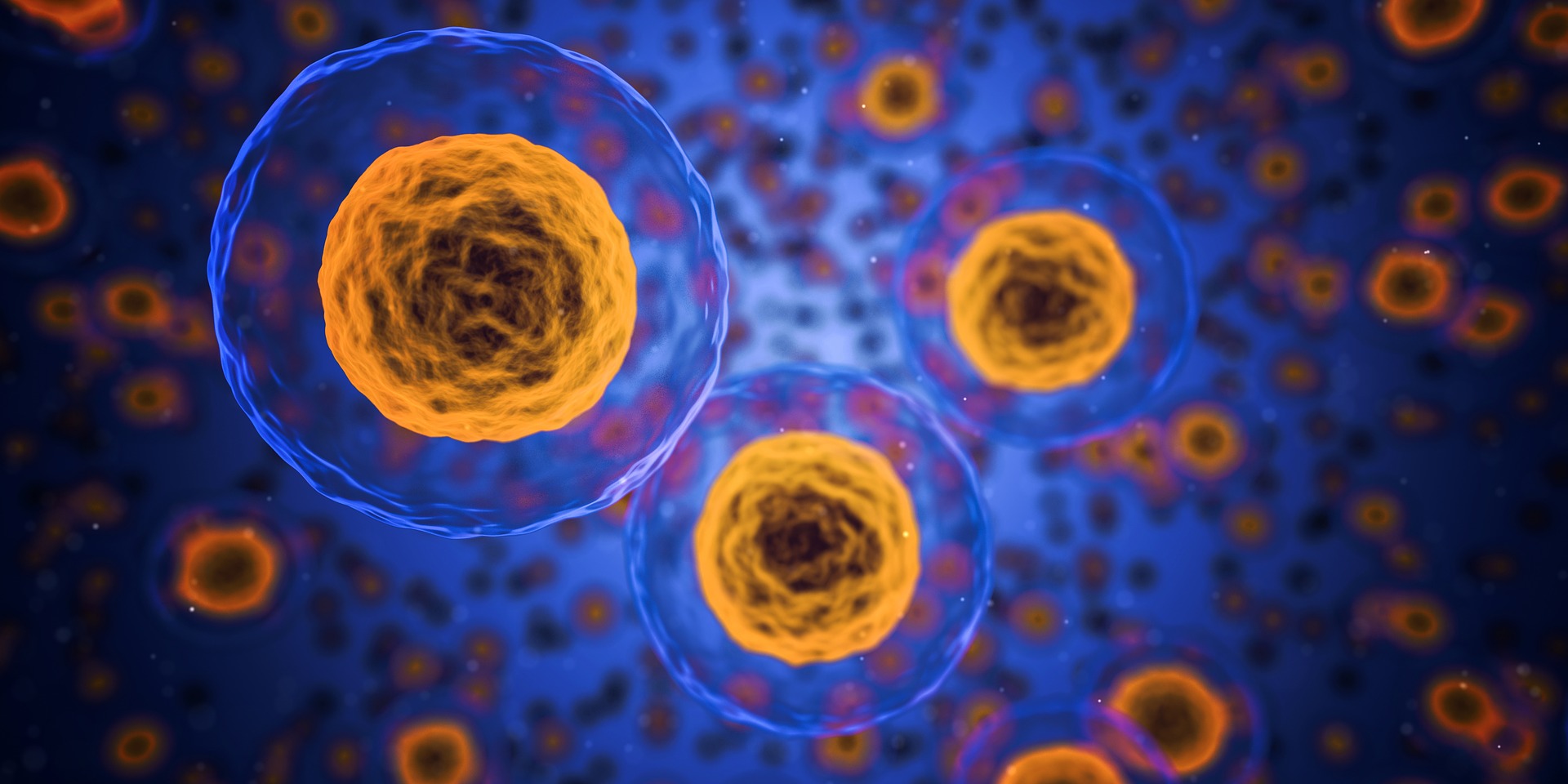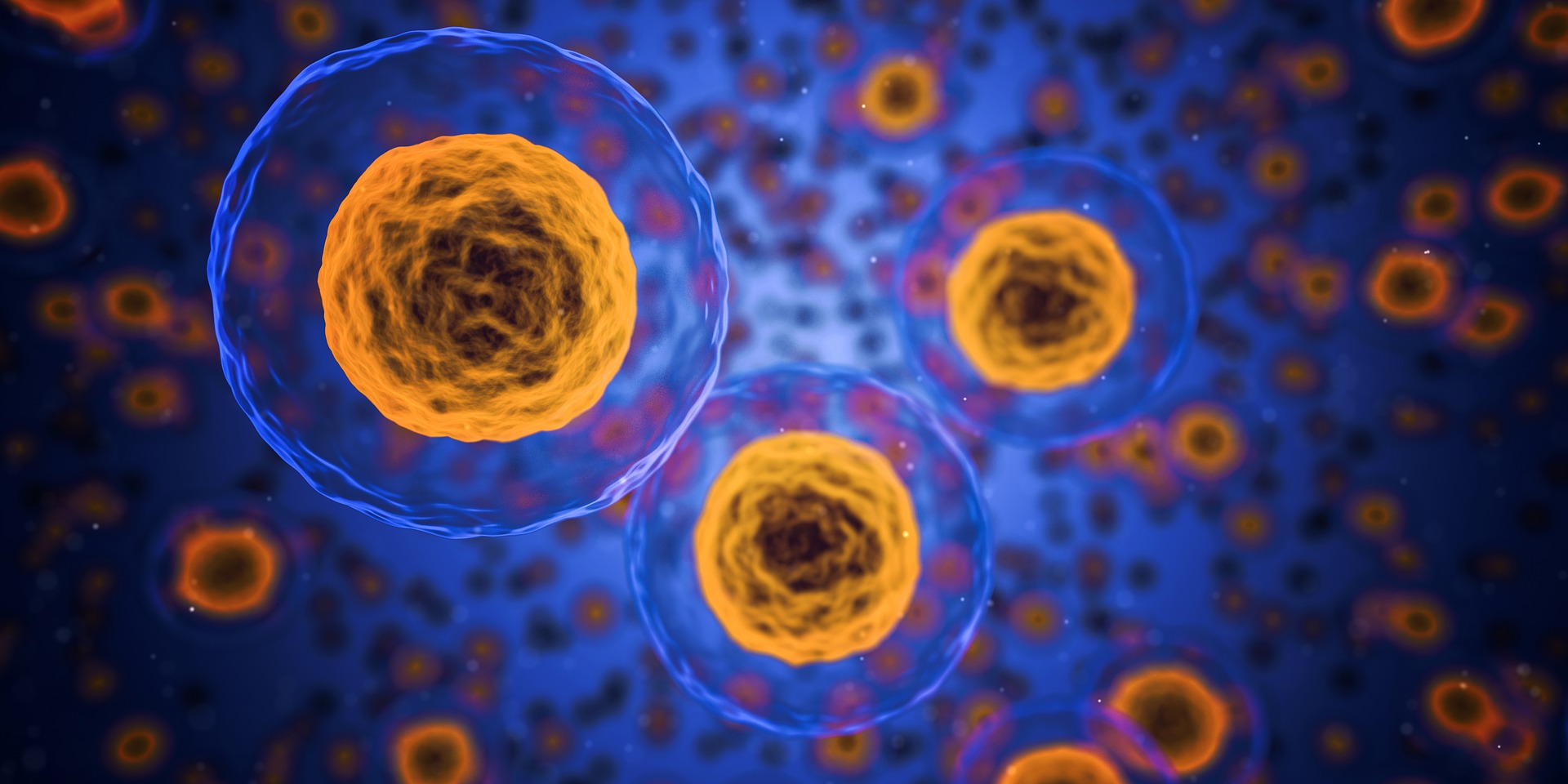In my ciprofloxacin toxicity recovery story I note that:
“I take a low dose iron supplement – only 5 mg. – daily. The brand of iron supplement that I use is Pur Absorb, but I’m guessing that other low-dose iron supplements will work equally well. Within just a couple days of starting taking the iron supplement, my energy levels increased dramatically. I could walk a mile without being exhausted afterward. In addition to improving my energy level, the iron supplement seems to make my muscles and tendons more supple and malleable. When my tendons are feeling tight, a dose of iron helps to loosen them up – within just a couple hours. Too much iron is really bad for you, so please be careful with supplementing it (ask your doctor, yada yada), but it helps me immensely.”
I’ve always wondered why iron helped me to recover from fluoroquinolone toxicity. In some ways, it didn’t make sense – iron is an oxidant (according to a doctor friend, it’s a bit more complicated than that, and in some situations iron can be an antioxidant and in others it can be an oxidant), and antioxidant supplements are what help most floxies. Also, iron is a component of the Fenton Reaction, and the Fenton Reaction is where, “Iron(II) is oxidized by hydrogen peroxide to iron(III), forming a hydroxyl radical and a hydroxide ion in the process. Iron(III) is then reduced back to iron(II) by another molecule of hydrogen peroxide, forming a hydroperoxyl radical and a proton. The net effect is a disproportionation of hydrogen peroxide to create two different oxygen-radical species, with water (H+ + OH–) as a byproduct.” Basically, iron can “donate or accept free electrons via intracellular reactions and help in creating free radicals.” Free radicals are ROS. Some of the nastiest ROS are created in the Fenton Reaction – hydroxyl radicals and hydroperoxyl radicals. According to “Oxidative Stress Induced by Fluoroquinolones on Treatment for Complicated Urinary Tract Infections in Indian Patients,” fluoroqinolones increase the production of ROS, and it has been postulated (by myself and others) that the mechanism for fluoroquinolone toxicity is an excess of ROS wreaking havoc on all systems of the body.
So, why did iron make me feel so much better?
It’s a question that has perplexed me for years.
Answers to that question can be found in the article, “Non-antibiotic effects of fluoroquinolones in mammalian cells” which was published in the July, 2015 issue of The Journal of Biological Chemistry. In this post I will highlight some of the more interesting findings from “Non-antibiotic effects of fluoroquinolones in mammalian cells.” All excerpts from the article are quoted and italicized.
“Here we show that the FQ drugs Norfloxacin, Ciprofloxacin, and Enrofloxacin are powerful iron chelators comparable to Deferoxamine, a clinically-useful iron chelating agent.”
Fluoroquinolones suck iron out of (chelate) cells just as well as drugs that are meant to suck the iron out of cells (Deferoxamine). Iron is an essential mineral that is critical for transporting oxygen throughout the body. Chelation of iron from cells can be detrimental to health in multiple ways including, “delayed cognitive function, poor exercise performance and lowered immune function. In children, iron deficiency anemia can cause psychomotor and cognitive abnormalities resulting in future learning difficulties.”
“We show that iron chelation by FQ leads to epigenetic effects through inhibition of α-ketoglutarate-dependent dioxygenases that require iron as a co-factor.”
Iron depletion leads to adverse epigenetic effects through inhibition of iron-dependent enzymes. This is a very big deal – Fluoroquinolones can change genetic expression (epigenetics) in human cells. Later in the article it is noted that, “This is the first study to show global epigenetic changes induced by FQ antibiotics.” It had been previously postulated in “Epigenetic side-effects of common pharmaceuticals: A potential new field in medicine and pharmacology” (2009) that all fluoroquinolone adverse effects were the result of epigenetic changes, but “Non-antibiotic effects of fluoroquinolones in mammalian cells” describes the first study of human cells that shows epigenetic changes caused by fluoroquinolones. Epigenetics wasn’t even a notion, much less a field of study, when the FDA approved fluoroquinolones, drugs whose mechanism of action is, “inhibition of the enzymes topoisomerase II (DNA gyrase) and topoisomerase IV (both Type II topoisomerases), which are required for bacterial DNA replication, transcription, repair, and recombination.” Think about that next time you pick up a drug from the pharmacy and assume that it’s safe because the FDA approved it.
Dioxygenases are enzymes that are necessary for aerobic life. Fluoroquinolones inhibit α-ketoglutarate-dependent dioxygenases, which require iron as a co-factor. Depletion of α-ketoglutarate-dependent dioxygenases leads to changes in how genes are expressed.
Fluoroquinolones were also found to inhibit several demethylases, “enzymes that remove methyl (CH3-) groups from nucleic acids, proteins (in particular histones), and other molecules. Demethylase enzymes are important in epigenetic modification mechanisms. The demethylase proteins alter transcriptional regulation of the genome by controlling the methylation levels that occur on DNA and histones and, in turn, regulate the chromatin state at specific gene loci within organisms.” FQs were found to inhibit “Jumonji domain histone demethylases, TET DNA demethylases, and collagen prolyl 4-hydroxylases, leading to accumulation of methylated histones and DNA, and inhibition of proline hydroxylation in collagen, respectively. These effects may explain FQ-induced nephrotoxicity and tendinopathy.” (emphasis added).
Many possible mechanisms for the tendinopathy and compromised collagen integrity caused by fluoroquinolones have been proposed. It has been suggested that fluoroquinolone caused destruction of connective tissues are due to metalloprotease (MMP) malfunctions, magnesium depletion, and the NO/ONOO cycle. In “Non-antibiotic effects of fluoroquinolones in mammalian cells” it is asserted that iron chelation, and the inhibition of enzymes that utilize iron, are behind the fluoroquinolone-caused musculoskeletal adverse effects:
“These results suggest, for the first time, that FQ treatment can cause unanticipated epigenetic effects. Moreover, we suggest that the well-established linkage between FQ treatment and tendinopathy reflects impairment of collagen maturation by FQ. We suggest that it is the inhibition of collagen 4 prolylhydroxylases by FQ mediated iron chelation, and repression of collagen P4H1 and LH1 transcription that underlies the peculiar tendinopathy side effects of FQ antibiotics.”
And:
“FQ are potent iron chelators capable of inhibiting 2-KG dependent dioxygenases because of the crucial role of iron in the active site. We show that FQ treatment inhibits collagen maturation. Prolyl 4- hydroxylase and lysyl hydroxylase are iron dependent enzymes essential for the post-translational modification of collagen. Both play central roles in collagen maturation through hydroxylation of proline and lysine residues to mediate collagen cross-linking. Covalent crosslinks are required for the tensile strength of collagen fibers (64). We suggest that it is iron chelation by FQ that accounts for suppressed collagen hydroxylation, giving rise to tendinopathies.”
And:
“Additionally, suppression of HIF-1α can have drastic effects on vascularization and energy metabolism in connective tissues, contributing to decreased blood flow in an already hypoxic and avascular tissue. We suggest that these three insults – inhibition of prolyl and lysyl dioxygenases, reduction of P4HA1 and LH1 mRNA levels, and reduced tendon vascularization upon HIF-1α depletion – together account for FQ induced tendinopathies.”
To sum up the excerpts, fluoroquinolones chelate iron from cells, this leads to inhibition of iron-dependent enzymes, which lead to epigenetic changes that result in collagen malformation and tendinopathies. It should also be noted that fluoroquinolones chelate other minerals, including magnesium, from cells, and magnesium-dependent enzymes are inhibited by fluoroquinolones as well.
All doctors and researchers, and the FDA, should note that in chelating necessary minerals from the body, fluoroquinolones are not only inhibiting necessary enzymatic reactions, they’re also changing genetic expression, and that the long list of severe adverse effects of fluoroquinolones may be due to adverse expression of genes. Neither long-term, nor intergenerational effects of fluoroquinolones are currently known.
So… what should floxies do with this information? Personally, I supplement iron and I find that it helps me immensely. Not everyone can, or should, supplement iron though. Too little iron is bad, but too much is also harmful. The prudent thing to do is to get your iron levels tested and to supplement if necessary under the care of your doctor.
When I corresponded with Dr. Maher, one of the authors of “Non-antibiotic effects of fluoroquinolones in mammalian cells,” he noted that, “I would simply emphasize that what we demonstrate in this work involves human cells grown in culture, and lab conditions, and we want to make it clear that these are findings of potential mechanisms of fluoroquinolone antibiotics that could be relevant for patients, but we provide no direct data related to human patients or treatments. Further studies will be required to understand if these or related effects actually occur in people.”
I am thankful to Doctors Badal, Her and Maher for their work on “Non-antibiotic effects of fluoroquinolones in mammalian cells!” Of course, caution should be used when drawing conclusions from their results. Though I shouldn’t draw conclusions about how FQs react in a complex human body from how human kidney cells react in a petri dish, I don’t think that it’s completely out of line to say that the potential implications of this research are huge. The chelation of minerals from cells by fluoroquinolones may be leading to epigenetic changes in the people who take fluoroquinolones. What this means for their health is not currently known.
The epigenetic adverse effects of fluoroquinolones were found to be reversible by exposing the floxed cells to iron, and studies have shown that magnesium, vitamin E, MitoQ and NAC can reverse some of the effects of fluoroquinolones, so please have hope, hang in there, and take your mineral supplements (under the supervision of your doctor, yada, yada).













I wonder when you took/take iron, Lisa, were you tested deficient? I ask because iron can become quite toxic to us. Iron accumulates in the liver for example if we take it when we do not need it. You can harm your liver by doing that. Getting fatty liver. So, post menopausal women and men in general are almost always not iron deficient. Even women who are still menstruating are not deficient in iron.
There is yet another blood test for iron: Ferritin level. You can have normal Hemoglobin levels (level of iron in your red cells) but insufficient or very low Ferritin levels(= iron depot in your body). Low ferritin or low Hemoglobin would be a reason to supplement with iron.
But please be careful to supplement iron if your levels are o.k.
So, FQs chelate iron. It actually chelates many metals. Question is: does that chelation condition stay like this in our body?
I am also not sure that supplementation with iron, or anything else AFTER FQ damage is done, would REVERSE the damage. Some articles say: “damage might be reversible” (mainly animal studies or fibroblast cell cultures in laboratory), some articles say supplementing with elements like magnesium or vitamin E etc only “prevents” damage if taking together with FQ’s. (talking about vitamin E, magnesium, Q10, Zinc now).
As for iron, I do not know. Be careful though.
Lisa,
Thank you again for keeping on top of this stuff and breaking down the article into understandable language. You always renew my hope!
Sent from my iPhone
>
I also contacted the author and had the same question. My ferritin levels are low since floxing. I am waiting to hear from my functional med doc as to his thoughts re this article. I will let u know his response. Thank u Lisa for all of ur work.
i am wondering about using cipro in ear drops for an outer ear infection. we tried the other drops and none worked. i expressed my concern to the MD about the cipro. she researched and said nothing else is available. since it wasnt orally ingested, i decided to use it on my daughter—so much pain and not sleeping for nites!
obviously, the skin absorbs things so what horrors are we in store for, with unavoidable exposure in an 8yo?
thanx
make sure you test your ferritin. hemoglobulin or hematocrit often are not the true picture.
i had air hunger with 5th baby. declared not anemic, i never supplemented, just kept gasping while talking. now, 8yrs later, guess what? still tired, tho the air hunger resolved after baby’s delivery. my ferritin’s low. Go Figure 🙂
Just an update. Had my ferritin checked and it was 4. That is extremely low. Made an appt. with a hematologist and will start Iron infusions next week. Hope to be a new woman but I know that is probably not going to happen. I will keep you updated.
My Ferritin was at 70 twenty five years ago, and I felt good, so I’d like to get it back around that number. It was at 40, with 30 being the “lower limit”. My testosterone was also within range, but near the lower limit. I also have pulsating tinnitus, which has soften since I’ve gotten floxed, but I’ve read it can be a symptom of anemia. Anyway, I’ll start by slowly taking a supplement, and get the ferritin retested in 3 or 4 weeks. I don’t feel too bad since I started taking a small dose of iodine. I’ve tried to stay away from salt and I take nexium, so while the Cipro/prednisone took me off the cliff, I’m guessing I wasn’t at optimal levels before the floxing. I’m quitting the nexium. I’m 6 months out and my biggest remaining items are fatigue and tinnitus, so I’m hoping it helps. Thanks for your response! 🙂
I’ve always been ferritin and iron deficient (with a striking 17 ng/ml for ferritin and 23 ug/dl for serum iron levels being the last levels)… It’s surprising because I keep being deficient in spite of eating read meat, lentils and Vitamin C. I’m starting to suspect this antibiotic left me with a crippled small gut and a leaky gut syndrome, preventing me from absorbing nutrients properly. I’m also zinc deficient.
The odd part is that it never annoyed me before taking levofloxacine and the levels went up easily! Now it also seems to affect a lot my nervous system. Taking an iron supplement is actually more efficient than using antidepressants like Trazodone for keeping the anxiety the antibiotic left me with under control. Also, my feet low-level tingle and burn all day long but supplementing iron actually reduces to almost zero this feeling.
How about using iron rich foods???? And Vitamin C , which helps with iron absorption.